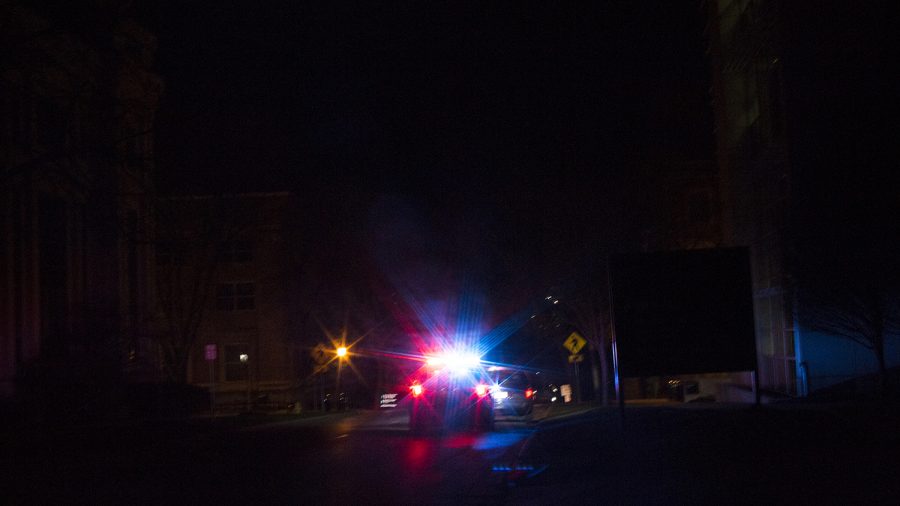Opinion | The police must be defunded
Police violence and previous measures that have proven ineffective means that defunding is the only way to truly change the police state.
July 9, 2020
There are no words to adequately express the shame and indignation I feel as a citizen of the United States in the wake of all the violence that has occurred in the past weeks, months, and years at the hands of the police. To even begin to reconcile the damage that has been done to American communities, we must come together and call unanimously for the defunding and eventual abolition of the police system as we know it.
I recognize that this may seem like a drastic and radical approach, but it is in actuality the only way in which we can achieve any meaningful change to the system.
Body camera reform has been a talking point for as long as I can remember. Accountability in a box, something to record everything going on. The idea that the police won’t abuse their power with cameras on.
Except, cameras aren’t always turned on. And when they’re turned on, sometimes they’ll be turned on too late to capture anything, or turned off early.
Or worse, that footage doesn’t see the light of day. When the police are in charge of their own oversight, they can and will do everything within their power to ensure that leads are buried. Sadly, it seems as though body cams do not even significantly or consistently impact police behavior or citizens’ views of police.
Giving the police new rules or restrictions won’t matter if there’s no enforcing it. Body cameras, offices of accountability, any and all of it won’t change the fact that how policing is done in this country does a disservice to its citizens.
Defunding the police isn’t just taking away the money and not doing anything else. It’s about systemically rearranging how we as citizens prioritize our community resources.
Mental health, homelessness, drug addiction, wellness checks, domestic violence, and more are all responded to by the police. Why is it that our first response to people in trouble is the presence of people armed with guns?
If we put money toward community assistance, to help people instead of punishing them, that would do more to combat crime than any amount of further militarization of the police.
Educational benefits, employment opportunities, and more all assist in crime prevention. Not to mention access to substance abuse treatment facilities not only decrease the cost of associated crimes, but assist people in need of help.
Crime doesn’t just stem from nowhere – people aren’t going to commit crime and risk ruining their lives forever because they’ve run carefully estimated simulations of the cost-benefit analysis. Crime happens because people have no other choice.
Imprisoning people helps no one. It not only harms those imprisoned, but their families as well. By helping people before they have to turn to crime, by funding community resources to help those of us most vulnerable, we not only help them, but help ourselves as well.
Iowa City’s 2021 budget has been released and unsurprisingly, the police are the largest expenditure from the city’s general fund at $15,667,193. Their budget makes up 25 percent of the general fund and 11 percent of the total city budget.
How much is being spent on developmental services? What helps people with affordable housing, public health, and other such projects? $18,803,574.
While this is a far greater than most cities in the U.S. (look no further than the Baltimore City budget), neighborhood and developmental services funding in Iowa City has only increased about $350,000 since 2017, while funding for the police department has increased by more than $2.5 million in the same timeframe. There are still massive strides that Iowa can take in order to continue to combat crime without the police.
It is unbelievable that we would sooner have people thrown in prisons and subject to the criminal justice system than give them assistance. If we are to change the root, systemic causes of police brutality, then it is not enough that we simply give new rules to the same police.
We must change the way we as a society and a community view crime and the responses we take to combat it.
Columns reflect the opinions of the authors and are not necessarily those of the Editorial Board, The Daily Iowan, or other organizations in which the author may be involved.














